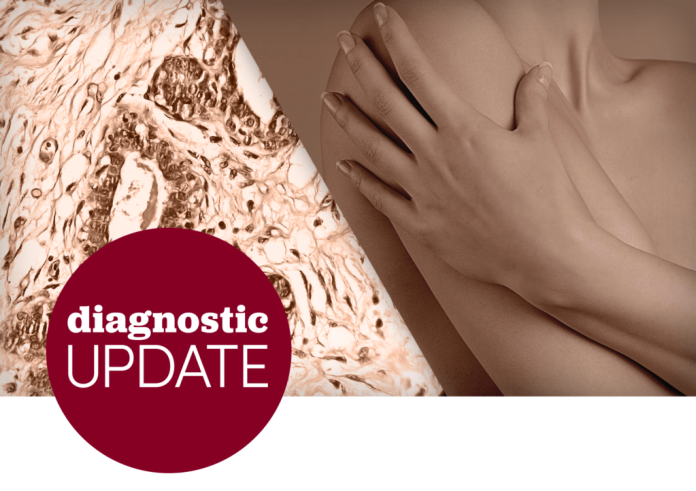Integrative Treatment Approaches for Hidradenitis Suppurativa and Crohn’s Disease: Case Studies
Introduction
The integrative management of Hidradenitis Suppurativa (HS) and Crohn’s Disease (CD) combines modern medical treatments with Ayurvedic therapies to address both the symptoms and underlying causes of these chronic inflammatory conditions. This holistic approach not only alleviates symptoms but also enhances overall health and well-being. The following case studies highlight how an integrative approach can be successfully applied to manage HS and CD.
Case Study 1: Comprehensive Management of Hidradenitis Suppurativa (HS)
Patient Profile:
- Name: Sarah M.
- Age: 32
- Symptoms: Painful nodules and abscesses in the armpits and groin, frequent flare-ups, significant scarring, and psychological distress.
- Comorbidities: Type 2 diabetes and obesity.
- Previous Treatments: Antibiotics, anti-inflammatory drugs, and occasional corticosteroid injections with limited success.
Integrative Treatment Plan:
Modern Medical Approach:
- Medications: Previous use of antibiotics and initiation of a TNF-alpha inhibitor to reduce inflammation.
- Surgical Interventions: Minor procedures to drain abscesses and remove sinus tracts.
Ayurvedic Approach:
- Dietary Modifications:
- Kapha and Pitta Pacifying Diet: Avoidance of spicy, oily, and heavy foods; emphasis on cooling, bitter, and astringent foods.
- Relevant Shloka: “Pathya ahara vihara sevana”
(Charaka Samhita, Sutrasthana 30.26)
“Consumption of a suitable diet and lifestyle.” - Foods Included: Leafy greens, cucumbers, pomegranates, barley, turmeric, and neem.
- Detoxification (Shodhana):
- Panchakarma: Vamana (therapeutic emesis) and Virechana (therapeutic purgation) to eliminate toxins and balance doshas.
- Herbal Formulations: Anti-inflammatory and detoxifying herbs tailored to Sarah’s constitution (Prakruti) and imbalances (Vikruti).
- Internal Medications:
- Customized Herbal Mixtures: Incorporating herbs with anti-inflammatory, antibacterial, and immune-modulating properties.
- External Therapies:
- Topical Applications: Neem oil and turmeric paste to promote wound healing and reduce inflammation.
- Lifestyle Adjustments:
- Stress Management: Yoga and meditation to alleviate psychological distress.
- Exercise: Moderate physical activity to support weight management and overall health.
Outcome:
- Symptom Improvement: Significant reduction in the frequency and severity of flare-ups, reduced pain, and improved wound healing.
- Psychological Well-being: Enhanced mood and decreased anxiety.
- Overall Health: Better diabetes management and weight loss.
Case Study 2: Holistic Management of Crohn’s Disease (CD)
Patient Profile:
- Name: John D.
- Age: 45
- Symptoms: Chronic abdominal pain, diarrhea, weight loss, and fatigue.
- Comorbidities: Anemia and occasional joint pain.
- Previous Treatments: Anti-inflammatory drugs, immunosuppressants, and multiple surgeries.
Integrative Treatment Plan:
Modern Medical Approach:
- Medications: Prior use of immunosuppressants and the introduction of biologics to control inflammation.
- Nutritional Support: Iron supplementation for anemia and dietary counseling to address weight loss.
Ayurvedic Approach:
- Dietary Modifications:
- Vata and Pitta Pacifying Diet: Avoidance of spicy, acidic, and processed foods; inclusion of sweet, bitter, and astringent foods.
- Relevant Shloka: “Pathya sevanam vata pitta haram aharam”
(Charaka Samhita, Sutrasthana 26.85)
“Consumption of a diet that pacifies Vata and Pitta.” - Foods Included: Cooked vegetables, rice, oats, bananas, ghee, and aloe vera.
- Detoxification (Shodhana):
- Panchakarma: Virechana (therapeutic purgation) and Basti (medicated enema) to balance Vata and Pitta doshas.
- Herbal Formulations: Cleansing and anti-inflammatory herbs to support gut health.
- Internal Medications:
- Customized Herbal Mixtures: Including guduchi, aloe vera, and amalaki to reduce inflammation and promote gut healing.
- Lifestyle Adjustments:
- Stress Management: Pranayama (breathing exercises) and meditation to reduce stress and promote relaxation.
- Exercise: Gentle yoga to aid digestion and alleviate joint pain.
Outcome:
- Symptom Improvement: Reduced abdominal pain and diarrhea, improved energy levels, and weight gain.
- Overall Health: Improved anemia and relief from joint pain.
- Quality of Life: Enhanced ability to engage in daily activities and overall well-being.
Conclusion
These case studies illustrate the effectiveness of an integrative approach in managing Hidradenitis Suppurativa and Crohn’s Disease. By combining modern medical treatments with Ayurvedic therapies, patients can experience significant improvements in symptoms, overall health, and quality of life.
For those interested in a personalized, integrative approach to managing HS and CD, EliteAyurveda Specialist Clinic offers tailored treatment plans designed to restore balance and promote well-being. Visit EliteAyurveda to learn more about our holistic treatments and expert care. Embrace the synergy of Ayurveda and modern medicine for effective management and long-term relief from chronic inflammatory conditions.
Related-
Know More About Ayurveda Hidradenitis suppurativa Treatment.
GET IN TOUCH


Recent comments